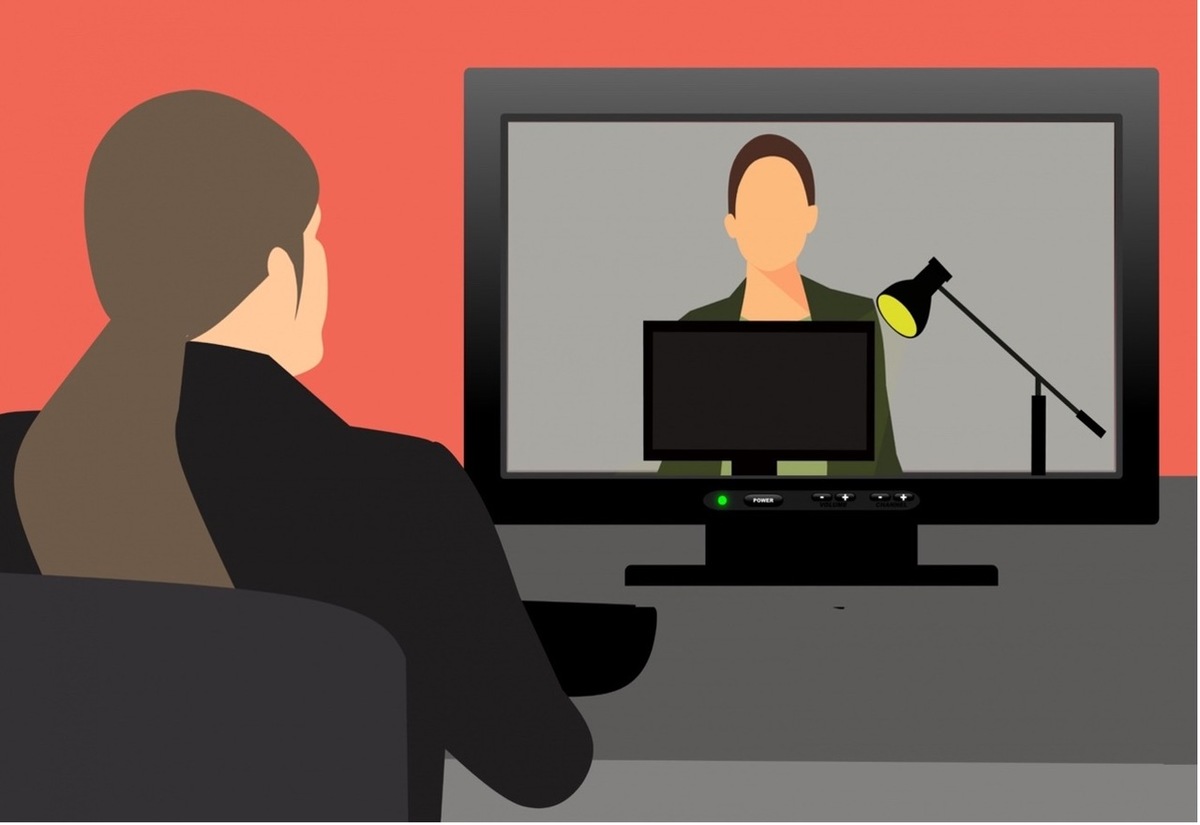How much risk is too risky when signing legal documents?
Laura Williams
18 November 2021, 10:29 PM
 The signing of important legal documents can now be witnessed over video conference, which could be a huge logistical relief for some demographics.
The signing of important legal documents can now be witnessed over video conference, which could be a huge logistical relief for some demographics. The signing of legal forms over the video calls is one of the COVIDsafe measures from the NSW Government that will become a permanent feature within the legal landscape.
The remote witnessing of important legal documents such as wills, statutory declarations and affidavits over video became commonplace in response to Covid-19 stay-at-home orders. Yesterday (November 17), the NSW Government cemented the change into state legislation.
Attorney General Mark Speakman said the remote witnessing scheme has allowed the wheels of law to keep in motion during a difficult time.
“After a successful trial period of 18 months, we’re pleased to be extending these effective and secure provisions to make life easier for people in the future,” Mr Speakman said.
The Electronic Transactions Amendment (Remote Witnessing) Bill 2021 includes various safeguards designed to address the risk of fraud. Signing of the documents but be witnessed in real time over the video call, and the witness must be satisfied that they’re signing the correct document.
President of the Orana Law Society, which has members across the Western Plains, Andrew Boog said that the remote witnessing scheme poses opportunity for increased access to justice for people who are bedridden, especially in rural areas.
“In Dubbo, if they’re bedridden it’s not a problem, we can just go to the house or the hospital. But if you’re bedridden on the family property three hours north of Dubbo, that’s going to be a problem,” Mr Boog said.
While he said that he is appreciative of the increased flexibility and that it will be a useful tool, in its wake the change will inevitably present new problems. For that reason, his firm avoid using remote witnessing until entirely necessary.
“Lawyers are very risk-averse creatures. No one comes to us to tell us how they took a risk and it all went well,” he said.
By risk, he means gives the example of the person he is ‘witnessing’ signing the document being under duress by a person out of the camera’s view or having come out of surgery and still on anaesthesia. At the very least, he fears that the document he witnesses someone sign could be different to the one they send onwards.
“We may have solved one problem but created another ground where there can be litigation and litigation,” Mr Boog said.
Remote witnessing will provide an alternative option to signing in person, however traditional methods of signing and witnessing documents will remain available.